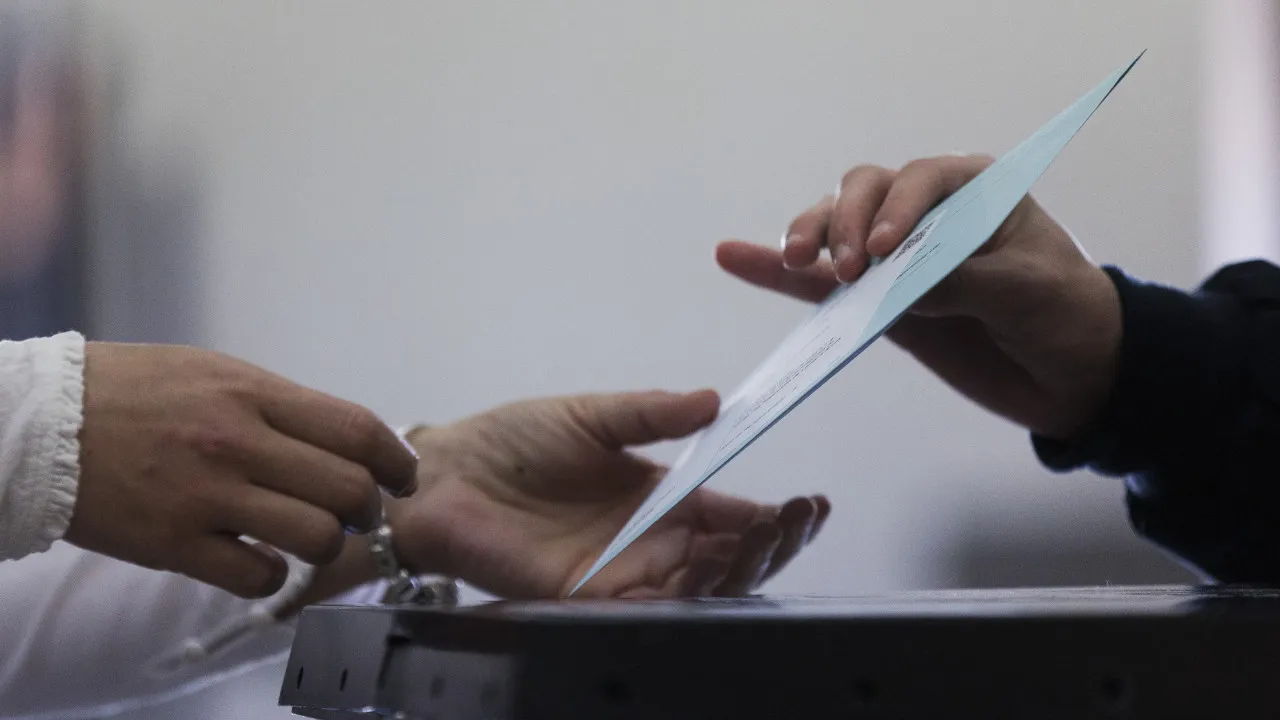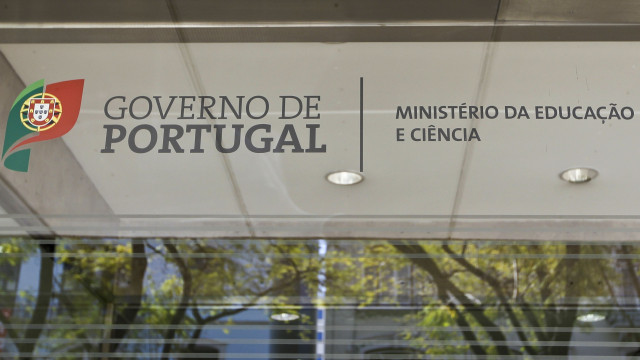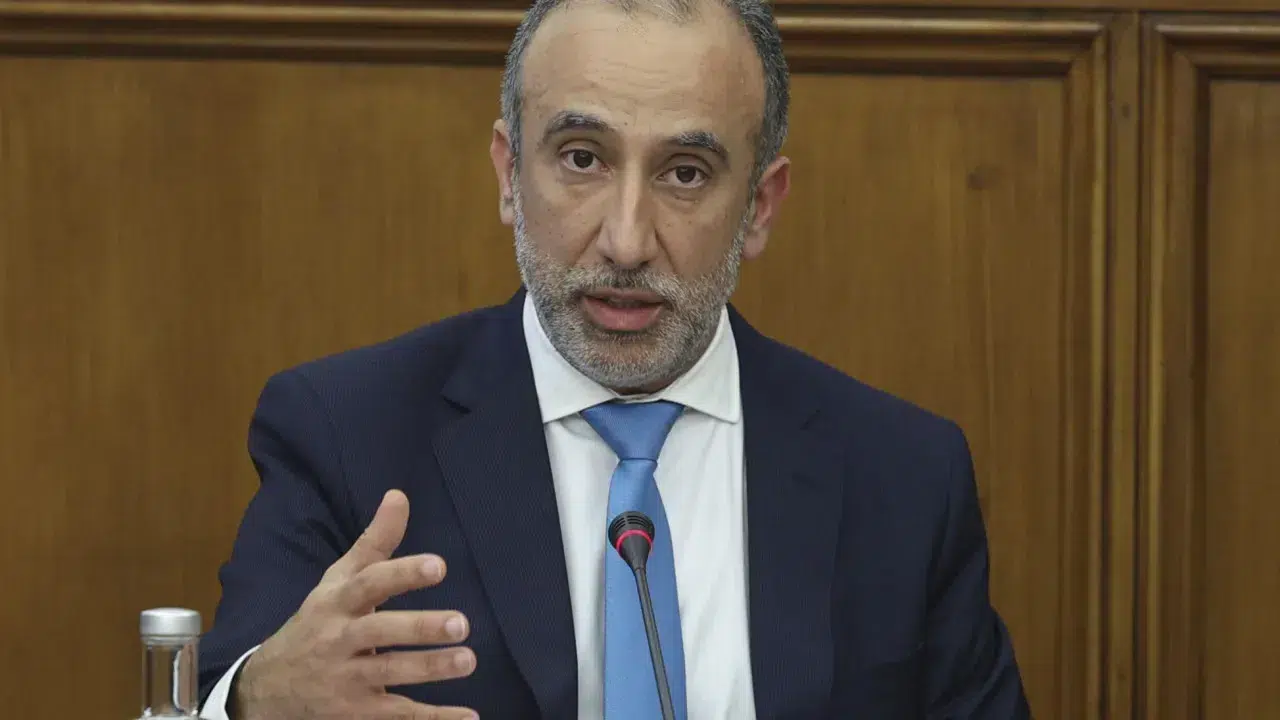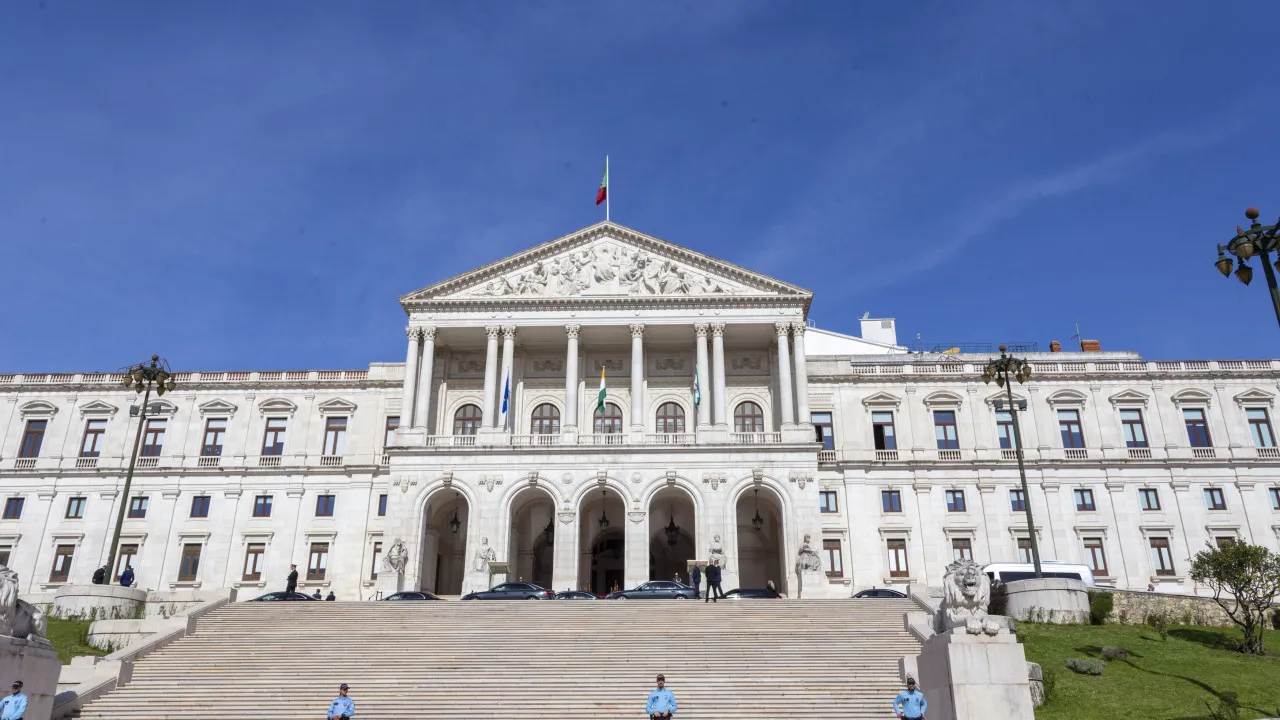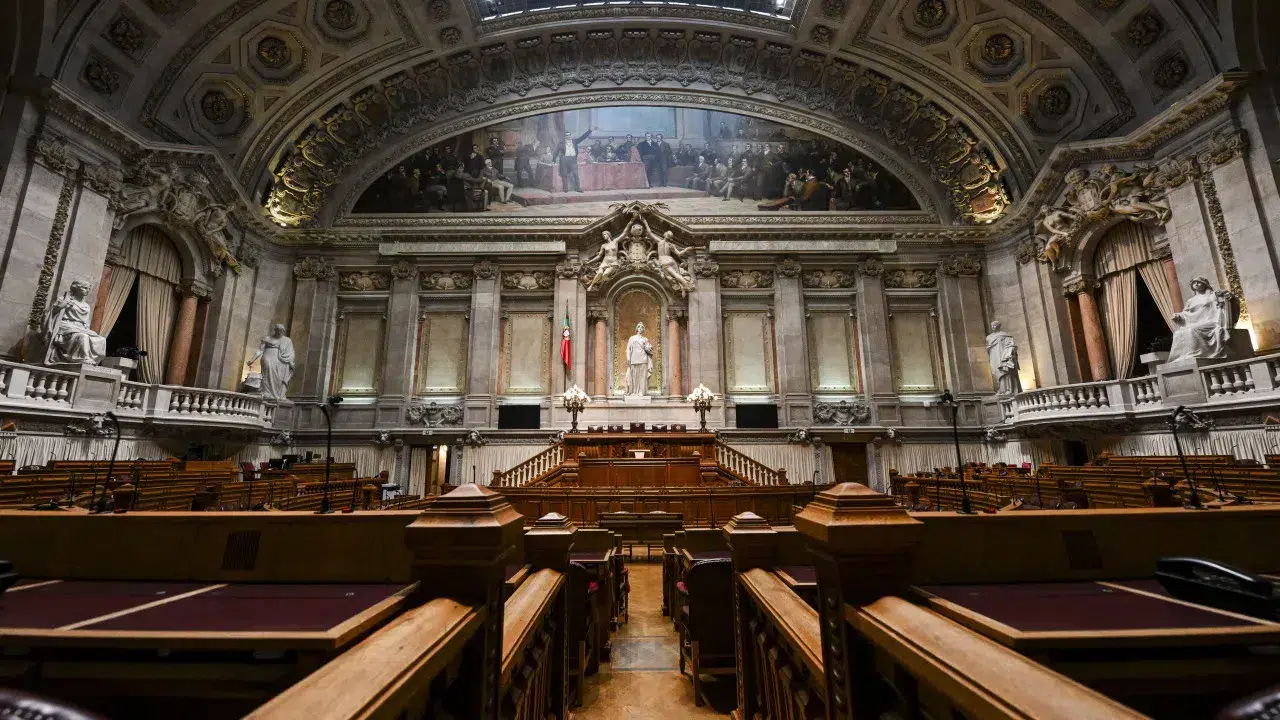
During the general debate, only the PCP expressed strong opposition, labeling it as “legalization of influence peddling,” while the sole deputies from BE and JPP did not participate.
António Rodrigues, a PSD deputy, acknowledged differences in “non-essential matters” among the six bills debated, emphasizing the agreement on the principle of regulating legitimate interest representation before public entities through the creation of a free, public, and mandatory register.
“There is a widespread consensus, and doubts can be easily clarified in the committee,” he said, advocating for the bills to proceed to the specialty stage without a vote, a suggestion that went unanswered by other parties.
PS representative Pedro Delgado Alves noted that this discussion had spanned five legislatures, two special committees, a parliamentary conference, and “a total of 22 bills.”
“The degree of consensus may allow us to finally approve a bill,” he said.
For the specialty phase, he emphasized the need to clarify which entity would maintain the public register of interest representatives—whether the parliament, as in most bills, or the Entity for Transparency, as proposed by IL—and to clarify the scope of incompatibilities between lobbying and other professions.
On this point, PS, Chega, CDS-PP, and IL believe that legal practice should be incompatible with lobbying, unlike PSD and PAN, who see it as outside the forensic activity scope.
Chega’s deputy Sandra Ribeiro stressed that interest representation “occurs daily in parliament, government, and municipalities without any control,” arguing that regulation would enhance transparency.
Rodrigo Saraiva from IL regretted that lobbying regulation had repeatedly “failed to materialize” over the past decade, describing it as a “victim of political instability,” with legislative processes often unfinished due to interrupted legislatures.
“We have the responsibility to deliver a serious, modern, and European system of interest representation to the Portuguese,” he stated, expressing willingness to “build bridges in the specialty stage.”
PAN’s spokesperson, Inês Sousa Real, also advocated that “there is no more time to wait” for this regulation.
“The aim is not to decriminalize influence peddling, which remains a crime, but to establish rules for lobbying,” she stated.
João Almeida from CDS-PP reflected that his party was the first to present an initiative on this issue in 2016, lamenting that by 2025, parliament had yet to resolve it.
Paulo Muacho of Livre, which did not present a project, also supported effective lobbying regulation, emphasizing the need to sanction violators of future rules and cautioning against the dispersion of entities involved in transparency.
Only PCP’s parliamentary leader Paula Santos objected to these initiatives, arguing that lobbying regulation is not “the great solution to combat corruption.”
“Those proposing this do not wish to address where it hurts, the conflict of interest and the entanglement between public and private sectors. The aim is to legalize what is currently illegal,” she argued.
At the debate’s conclusion, PSD deputy António Rodrigues expressed hope that “in a few months,” parliament could present an agreed-upon text, with Assembly President José Pedro Aguiar-Branco closing with “so be it.”

